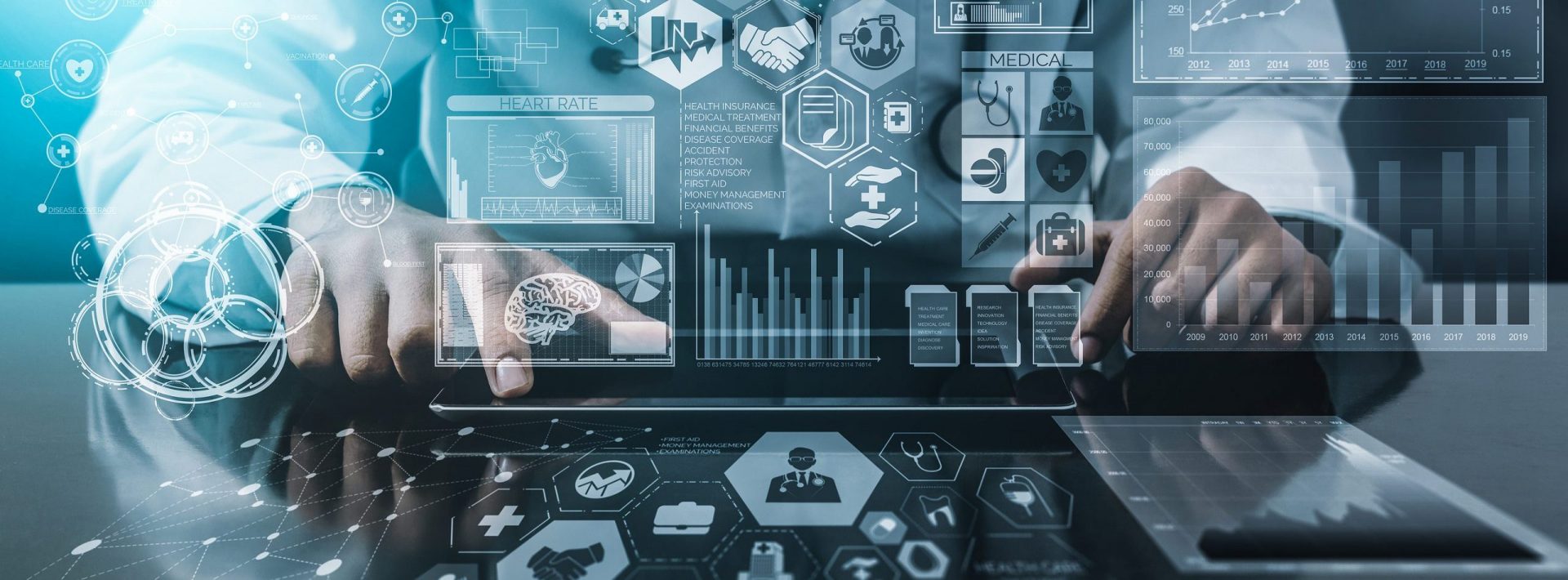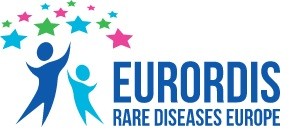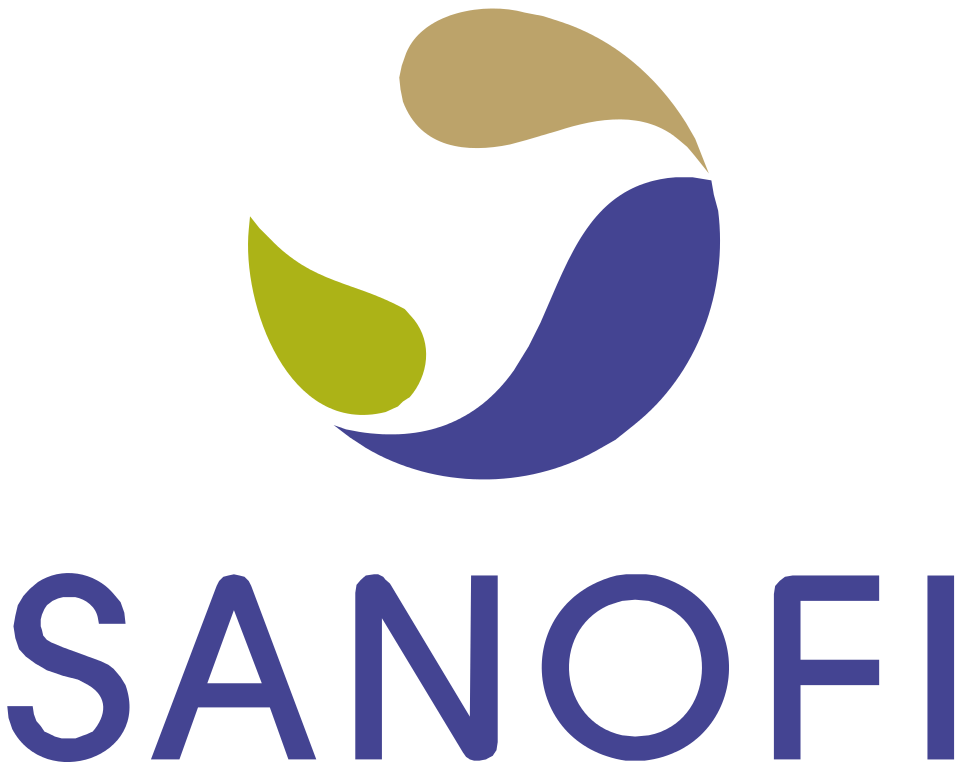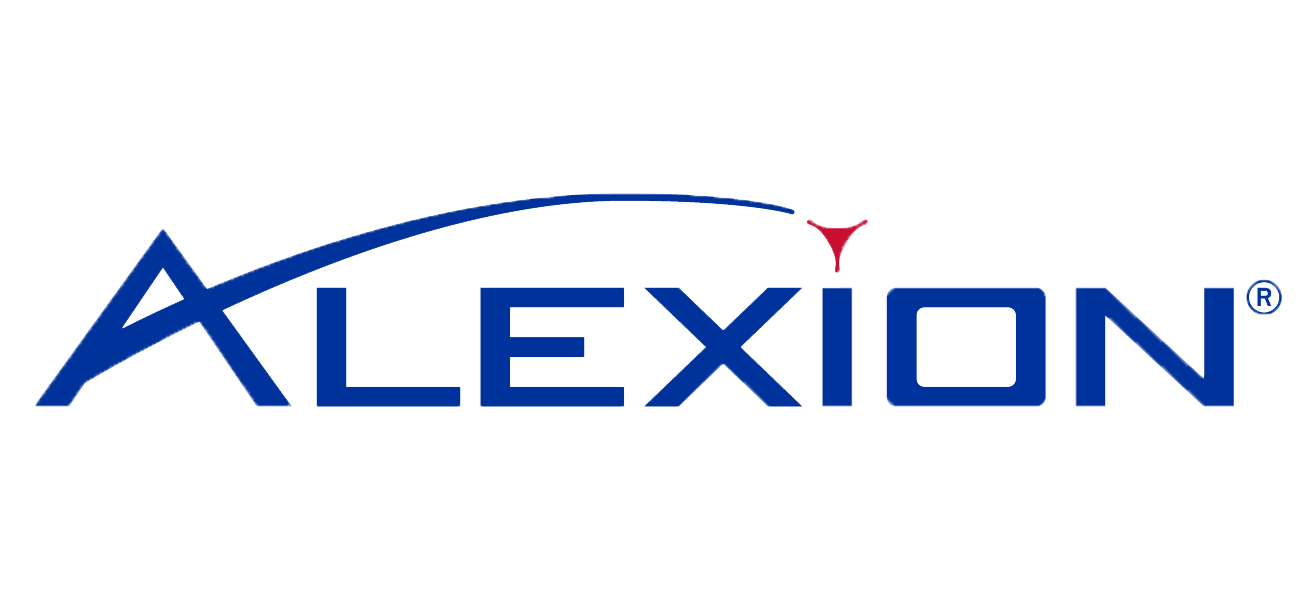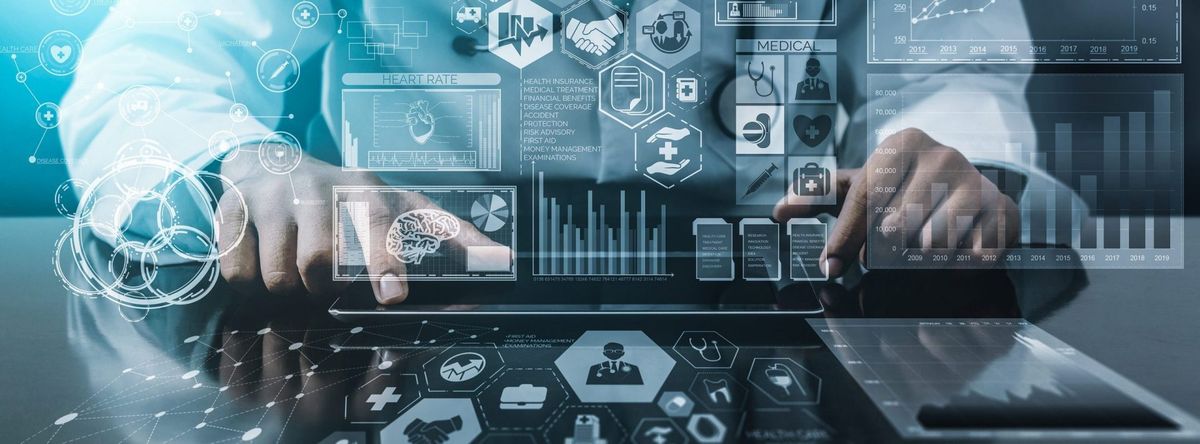
Summary
Participants welcomed the report “Building a path for rare diseases in the European Health Data Space” produced by Friends of Europe during an event on 8 November and shared their views on how a European Health Data Space (EHDS) can benefit rare diseases.
“The last few months have shown a clear acceleration in telehealth,” said Tamsin Rose, Senior Fellow at Friends of Europe and the event moderator. “But is it permanent? Today we can see where the gaps are, as well as the opportunities for change.” (00:01:10)
Before opening the floor to participants Rose briefly summarised the report, in particular listing the four principles, namely:
- Ensure federated access to harmonised rare diseases health data in an interoperable continuum encompassing epidemiological, healthcare, research, quality of life and treatment-related data
- Build partnerships for rare diseases and leverage existing initiatives such as the European Reference Networks (ERNs)
- Develop digital skills for the rare diseases community
- Build on experiences from the rare diseases community to empower health data users through systems of trust
If EHDS can work for the rare diseases community, it will work for everyone.
Data can build knowledge
When it comes to rare diseases, sharing data is part of the DNA. Yet there is a risk that data related to rare diseases could be lost in the bigger picture of health-related data – so how do we ensure that the specific nature of rare data can be accommodated in the data space?
“The silo approach per disease or per country goes nowhere,” said Yann Le Cam, Chief Executive Officer of the European Organisation for Rare Diseases (EURORDIS). “It’s a deadlock. Only a standardised system can work.” (15:00)
“It’s true that for rare diseases we are less mature, but that may turn into an advantage as it gives us more flexibility to shape the system.” (16:16)
Access
Ease of access to data is a prerequisite for a successful EHDS. “It is essential that it is easy to use for all stakeholders across Europe,” said Le Cam. “Data is knowledge, and knowledge is life.”
“Data can also build our knowledge base,” he continued, “which will enable us to learn about the causality of new diseases, which in turn will enable us to build better health strategies in the future.” (00:18:01)
“The question of access is not just for researchers and industry, but also for public bodies,” added Andrzej Ryś, Director at the European Commission Directorate-General for Health and Food Safety. (00:31:18)
Quality of data
“[The] EHDS will provide us with a huge opportunity to look at the bottom of the iceberg,” said Ana Rath, Director of ORPHANET.
“At the moment not all rare disease patients are reaching their expertise networks, and the burden of rare diseases is completely hidden and off the radar of policymakers,” she said.
“[The] EHDS would give us the evidence to enable us to make informed decisions that can change the lives of patients suffering from rare diseases,” she continued. “But for this to happen, we need access to data. We need common data models and a set of standards that are interoperable, and we need mapping systems that will mitigate the lack of quality in data sources.” (00:20:17)
Data sharing
“[The] EHDS is the future for management of data coming from hospital for the service of the patient,” said Maurizio Scarpa, Coordinator of the European Reference Network for Hereditary Metabolic Diseases (MetabERN), explaining that the European Reference Networks (ERNs) are formed from hospitals, but this in turn raises an issue. (00:36:54)
“Each hospital is a silo,” he explained. “Hospitals are generating billions of data, but it is unstructured, not of good enough quality and not interoperable. This limits the sharing of data.” (00:37:37)
“We need to develop projects to change the mentality of generating data,” he explained. “We need infrastructure to collect data and need to be led by our motto: share can cure.” (00:39:24)
Stelios Kympouropoulos MEP added that the European Parliament can “work towards creating a common governance to collect as much data as possible to promote the transfer of knowledge and best practices, with the ultimate objective of having a global community of knowledge.” (00:47:31)
Role of EU?
Juozas Olekas MEP proposed a stronger European health union. “We need to discuss the need to strengthen EU influence in healthcare,” he said. “We need to change the treaties to give more responsibility to the EU on rare diseases.” (00:53:22)
Speaking on behalf of the European Commission, Ryś said that a lot of the recommendations in the Friends of Europe report are on his organisation’s radar.
“We need to build on our success stories,” he said. “When we set out the future framework, we need to build on our experience and progress on the work we have done. For example, the digital skills agenda is very important, and hopefully we can invest more in this field.” (00:29:31)
He also spoke about the need for a “European trust agenda”, adding that this must be built into future legislation around the EHDS, for example around consent forms. (00:30:43)
Kympouropoulos agreed, stating that patients “must feel their data is secure and is treated in compliance with applicable data protection framework.” (00:48:55)
Responding to a comment from the moderator that there was often a gap between what was agreed at the EU level versus implementation on the ground, Ryś said that the individual needs of member states need to be understood.
“Member states are developing at different speeds,” he said. “Some are setting up future elements of [the] EHDS, and we want them to pilot the exchange of data. At the same time, we are continuing setting up national contact points, and countries are already sharing their experiences.” (00:33:24)
“ERNs are close to my heart,” said Tapani Piha, Senior Advisor at FI-Sitra. “We will need to build the EHDS from the elements that we have at hand, and ERNs are one of these.” (00:42:34)
Piha argued that Europe can create “an umbrella of different initiatives” and expand this cross-border exchange of data. (00:44:21)
“We need smoother access across borders, and this is where [the] EDHS can bring added value,” he added. (00:44:43)
“The ability of the EU to demonstrate its value has become very clear,” concluded Tamsin Rose. “If we can get the EDHS to work properly and effectively, this will have a huge impact for citizens, and they will start to see that Europe that works for them.” (00:59:52)
About
Conceived as an interlinked system that offers access to portable, comparable and interoperable health data from across the EU, the European Health Data Space (EHDS) aims to promote the reuse of health data, boost research and ensure that citizens have control over their own data.
In the context of the lead up to its launch at the end of the year, Friends of Europe has convened a working group building on the assumption that rare disease patients are the best rationale for the EHDS. A priority for the upcoming French presidency of the Council of the European Union, the limited number of rare disease patients and the scarcity of knowledge and expertise make rare diseases a field that greatly benefits from the European joined action.
Recommended reading:
Our events include photos, audio and video recording that we might use for promotional purposes. By registering, you give your permission to use your image. Should you have any questions, please contact us.
PHOTO CREDIT: Bigstock
Schedule
The connectivity of everyday life continues to accelerate and the healthcare sector is part of this rapid digital transformation. The potential of data to deliver more effective and efficient care increases the imperative to build a shared EU health data environment.
COVID-19 has revealed the vital importance of accurate health data shared across the fragmented landscape of national and local agencies that have different ways of collecting information.
The new European Health Data Space (EHDS) will federate datasets to enable greater exchange and access to information. If well designed, this will unlock the value of data at hand into products and services to support innovation, create new medical insights and improve delivery of care for patients.
The field of rare diseases is ideally positioned to both contribute to and benefit from the EHDS. The value of learning from smaller populations is two-fold; addressing unmet medical needs as well as generating insights that can be applied to larger patient populations.
- How will the European Health Data Space support better health outcomes for patients? Will the needs of people living with a rare disease be met through the proposed EHDS?
- Will the European Health Data Space adequately address the differing requirements of patients, clinicians, industry and researchers?
- How can the long experience of data sharing within the rare disease community via the European Reference Networks (ERNs) and other mechanisms inform the governance, structure and operability of the EHDS?
Speakers
Andrzej Ryś
Principal Scientific Adviser at the European Commission Directorate General for Health and Food Safety (DG SANTE)
Stelios Kympouropoulos
Member of the European Parliament Committee on Employment and Social Affairs (EMPL)
Yann Le Cam
Chief Executive Officer of the European Organisation for Rare Diseases (EURORDIS)
Discussants
Juozas Olekas
Member of the European Parliament and former Lithuanian health minister
Ana Rath
Director Orphanet
Peter Arlett
Head, Data Analytics and Methods Task Force, European Medicines Agency
Diana Buzoianu
MP Romania
Maurizio Scarpa
Coordinator, European Reference Network for Hereditary Metabolic Diseases (MetabERN)
Wout Feitz
Coordinator eUROGEN
Celina Ramjoué
Deputy Head of Unit, DG CONNECT, European Commission
Peggy Maguire
Director General from the European Institute of Women’s Health
Bert Verdonck
Lead of Health Data Initiatives and GAIA-X, Philips
Discussants
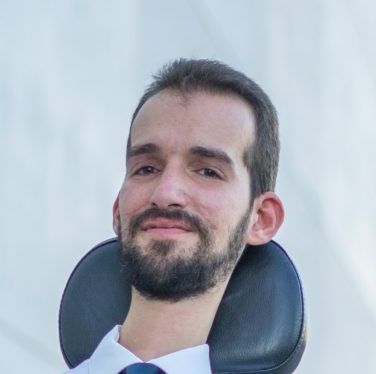
Member of the European Parliament Committee on Employment and Social Affairs (EMPL)
Stelios Kympouropoulos is a Member of the European People’s Party Group and serves as the Vice-Chair of the European Parliament’s Disability Intergroup, in addition to his role as a Member of the Committee on Employment and Social Affairs. He also sits on the European Parliament Special Committee on the COVID-19 pandemic: lessons learned and recommendations for the future. A psychiatrist by training, Kympouropoulos previously worked as head of the Sexual Functions Clinic at the University General Hospital Attikon in Greece. Additionally, Kympouropoulos is a social activist and the Co-Founder I-living, the first organisation that promotes independent living in Greece.
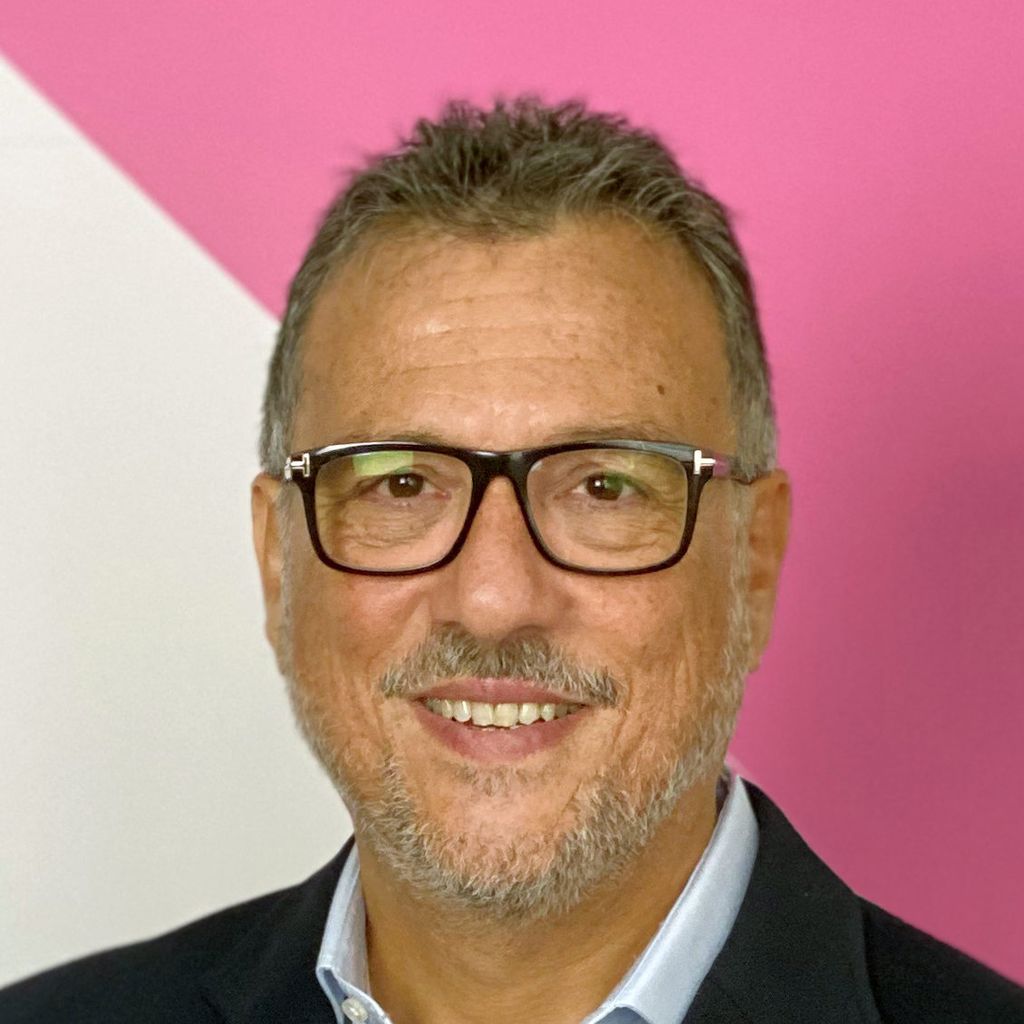
Chief Executive Officer of the European Organisation for Rare Diseases (EURORDIS)
A Founder of EURORDIS-Rare Diseases Europe, Yann Le Cam has served as the organisation’s CEO for over two decades. He also initiated the global alliance of persons living with a rare disease, Rare Diseases International (RDI), where he sits on the RDI Council and chairs the RDI Advocacy Committee. Notably, Le Cam is a Founding Member and Vice-Chair of the NGO Committee for Rare Diseases. He also serves as the Co-Chair of the Global Commission to End the Diagnostic Odyssey for Children with a Rare Disease and as a Member of the World Economic Forum’s Health Stewards Board and Global Precision Medicine Council.
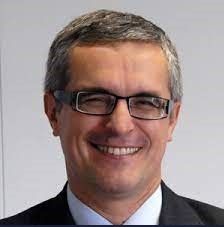
Principal Scientific Adviser at the European Commission Directorate General for Health and Food Safety (DG SANTE)
Andrzej Rys has held several key positions in local and national health institutions, notably serving as the Director of the Health Department of the City of Kraków, President of the Polish Public Health Foundation and Polish Deputy Minister for Health, a role which put him on the negotiation team for Poland’s accession to the EU. He later founded and led the School of Public Health and the Centre for Innovation Technology Transfer at Jagiellonian University. In 2006, Rys joined the European Commission as the Director for Public Health and Risk Assessment and was later appointed Director for Health Systems, Medical Products and Innovation at the Directorate-General for Health and Food Safety, where he works on improving EU healthcare systems for citizens.
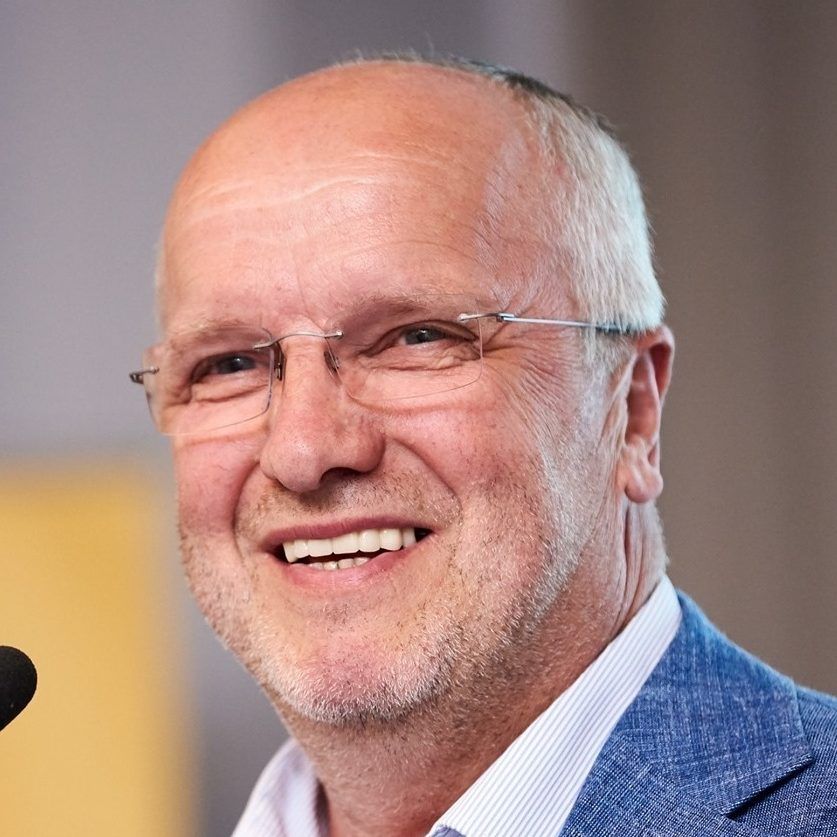
Member of the European Parliament and former Lithuanian health minister
Juozas Olekas is a Member of the European Parliament and was recently nominated to the European Parliament’s Special Committee on the COVID-19 pandemic. He is the former Lithuanian minister of defence and minister of health, has served as a member of the Lithuanian parliament, and actively participated in the processes of restoring Lithuania’s independence. Prior to entering politics, Olekas led a distinguished career in the medical field for nearly two decades. A doctor by training, he was notably an associate professor at the Vilnius University Faculty of Medicine and the chief doctor of VU Žalgiris Hospital.
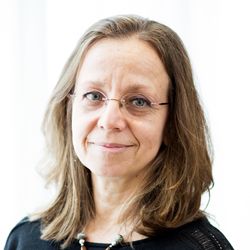
Director Orphanet

Head, Data Analytics and Methods Task Force, European Medicines Agency
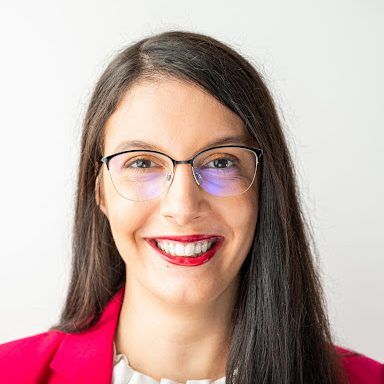
MP Romania

Coordinator, European Reference Network for Hereditary Metabolic Diseases (MetabERN)
Maurizio Scarpa has extensive expertise in the treatment of rare paediatric disorders. As coordinator of MetabERN, he oversees a comprehensive network that connects existing highly specialised healthcare providers across the European Union to improve the care and treatment of all patients affected by rare metabolic disorders. Scarpa is also the president of the Brains for Brains (B4B) Foundation, which seeks to promote an international network of health professionals in rare disorders, specifically in the field of rare neurological, paediatric diseases.
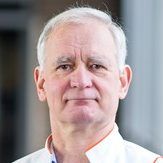
Coordinator eUROGEN

Deputy Head of Unit, DG CONNECT, European Commission
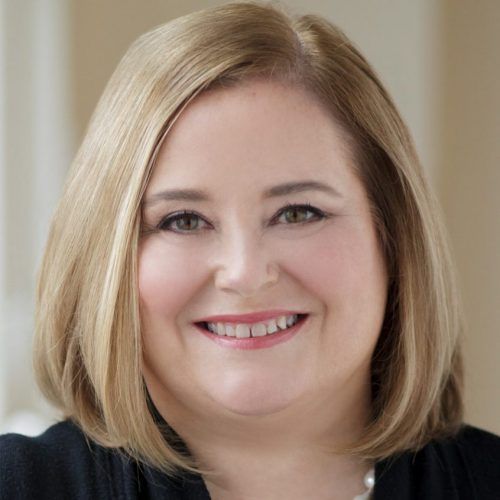
Director General from the European Institute of Women’s Health
A political scientist, Peggy Maguire has worked at an EU and international level over the last 25 years, highlighting the need for gender equity in research, public health and social policy. She is responsible for policy and strategy for the European Institute of Women’s Health (EIWH). Prior to her role as Director General at the EIWH, Maguire was Director of Development at the National Maternity Hospital in Dublin and Director of the Research and Education Foundation at the Irish College of General Practitioners. As part of her commitment to gender equality, Maguire has been a member of the WHO expert group on gender mainstreaming and contributed to the WHO Women’s Health Strategy for Europe. She is also the former president of the European Public Health Alliance (EPHA), and was appointed by the Minister for Health in Ireland her as co-chair of the Women’s Health Task Force. Maguire and the EIWH also recently launched the Women’s Health Interest Group in the EU Parliament in Brussels.

Lead of Health Data Initiatives and GAIA-X, Philips
Activities
Europe's moment: advancing clinical research and health innovation
Next event In person & online

- Area of Expertise
- Sustainable Livelihoods
Re-imagining Europe's health systems
Past event In person & livestreamed
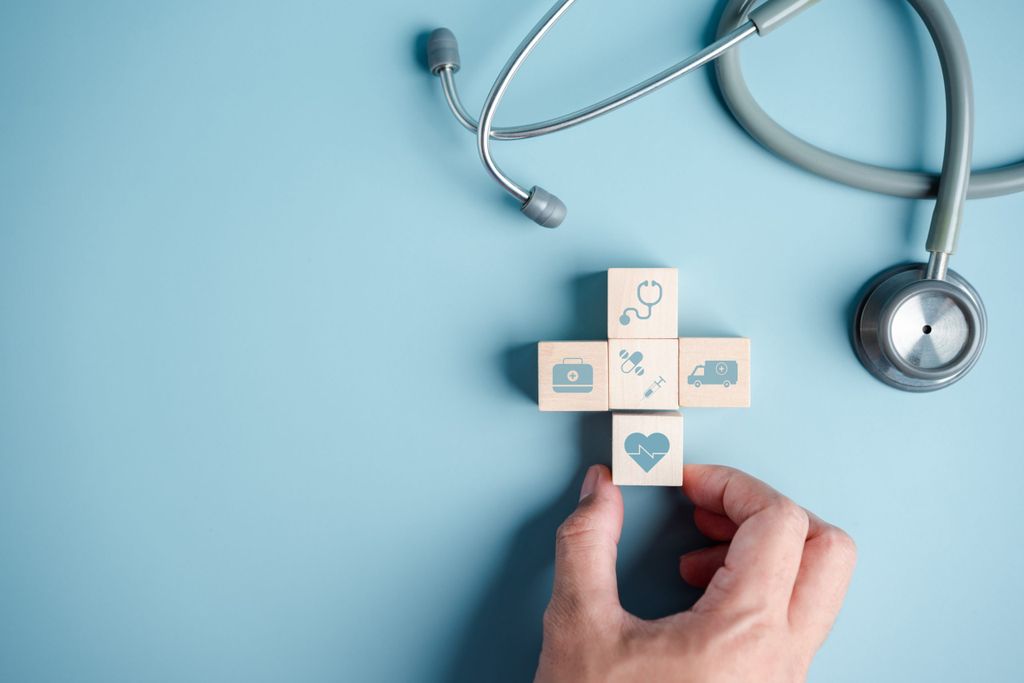
- Area of Expertise
- Sustainable Livelihoods
Health check for a competitive medical technology sector in Europe
Past event In person
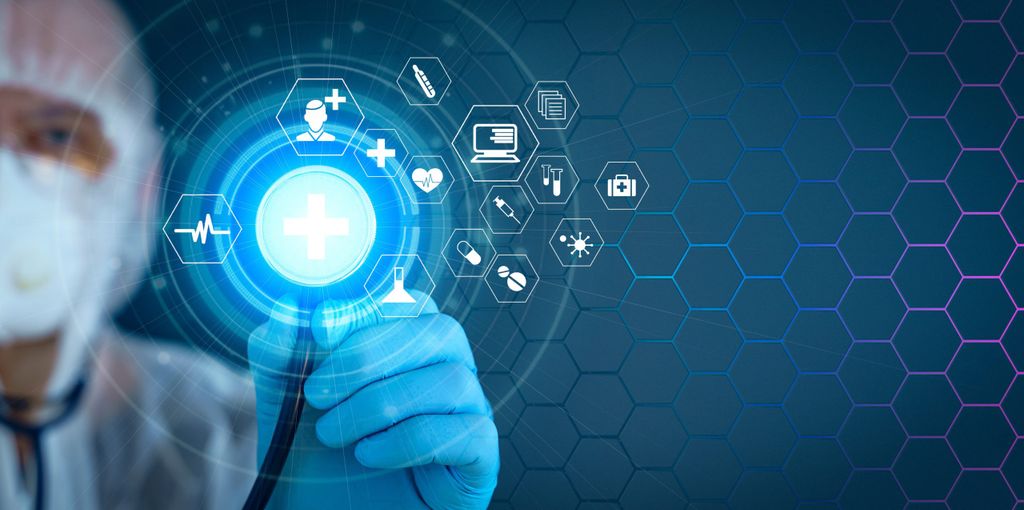
- Area of Expertise
- Sustainable Livelihoods
Healthy ageing for Europe's future: the value of adult immunisation
Past event In person & livestreamed
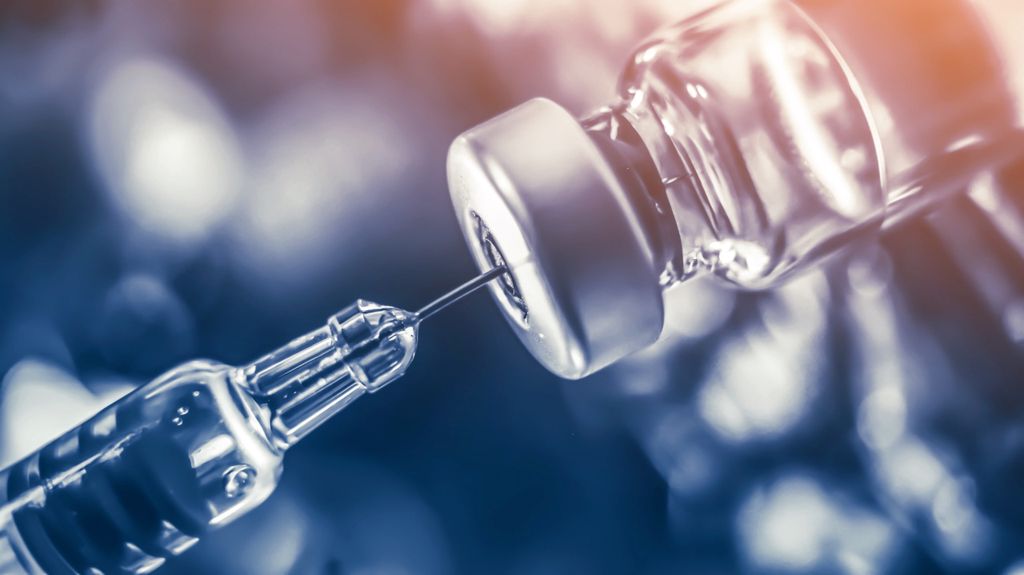
- Area of Expertise
- Sustainable Livelihoods
Policy Voices | Re-imagining Europe’s health systems
- Category
- Podcast
- Area of Expertise
- Sustainable Livelihoods
Financing the green and just transition: towards further partnerships…
- Category
- #CriticalThinking
- Author
- By Sebastián Nieto-Parra
Reclaiming medicines and health innovation for our health
- Category
- #CriticalThinking
- Author
- By Els Torreele
Hidden biases in public health research: why we are failing our most…
- Category
- #CriticalThinking
- Author
- By Marthe De Boevre

- Area of Expertise
- Sustainable Livelihoods
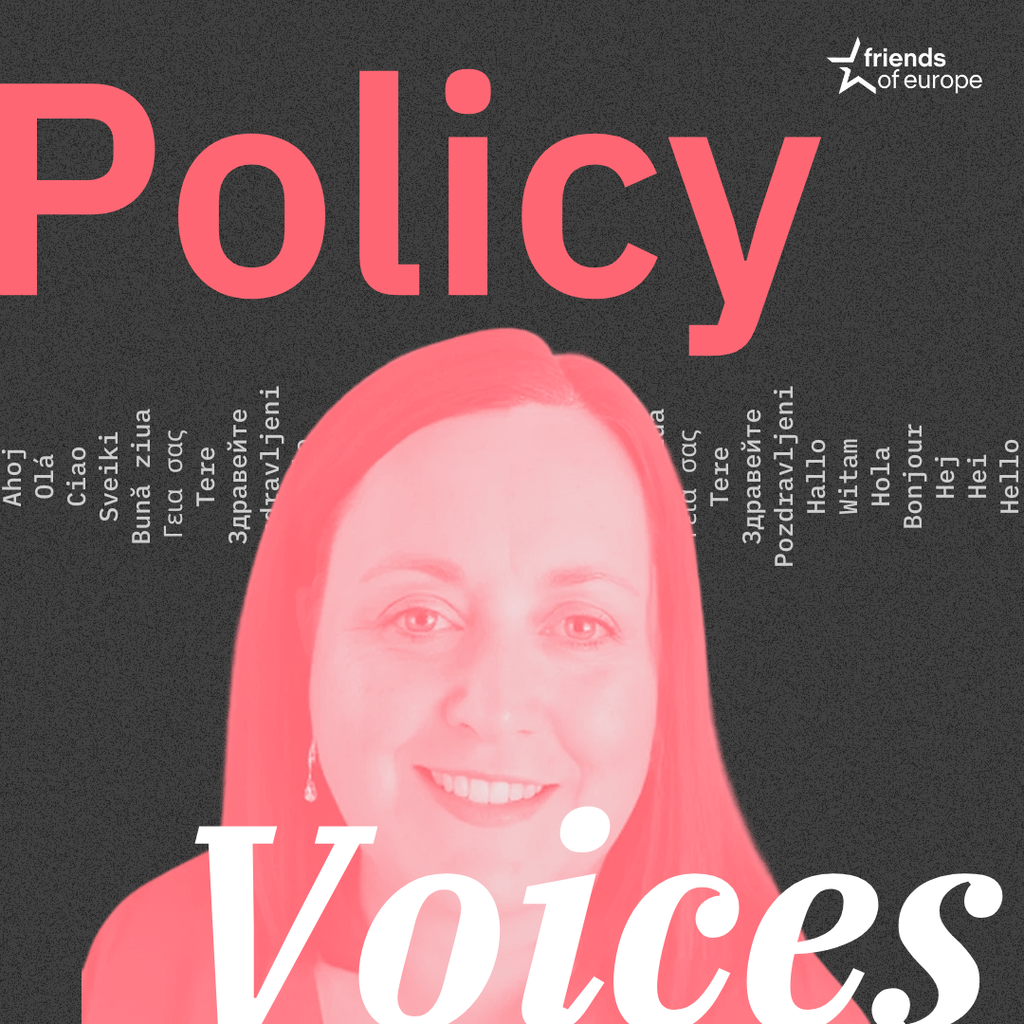
- Area of Expertise
- Sustainable Livelihoods

- Area of Expertise
- Sustainable Livelihoods
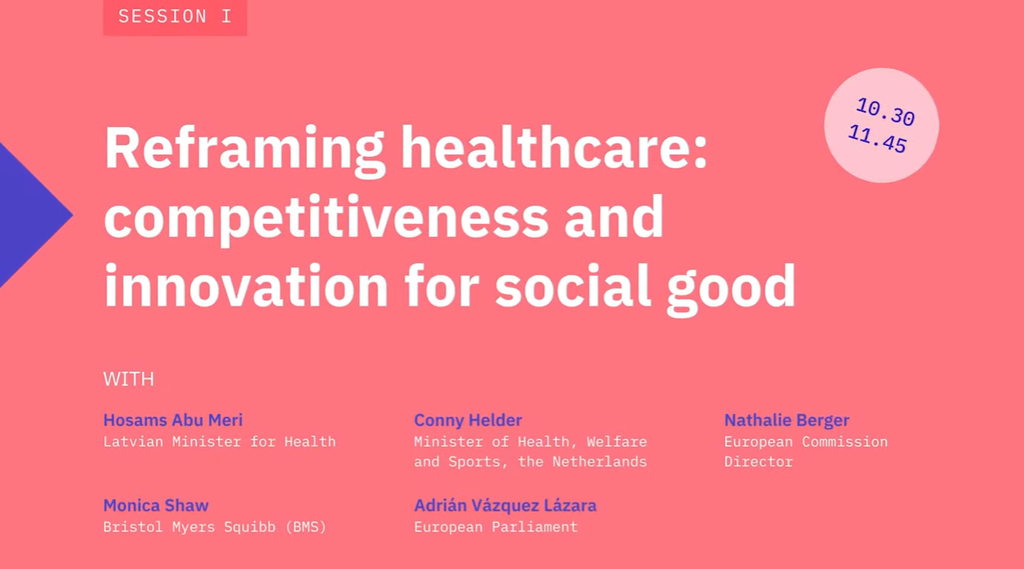
- Area of Expertise
- Sustainable Livelihoods
Continue
the debate on
- Debating Europe
